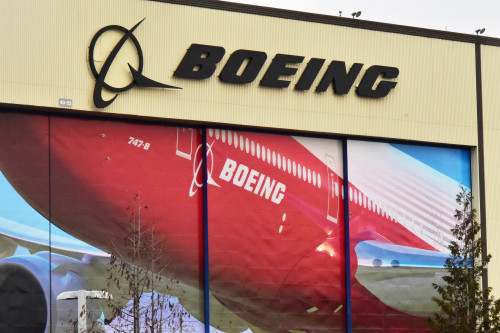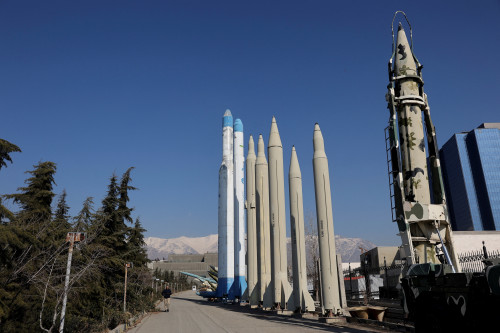
By David Shepardson
WASHINGTON (Reuters) -President Donald Trump’s nominee to head the Federal Aviation Administration vowed on Wednesday to hold Boeing accountable after a series of safety issues raised questions about the U.S. planemaker.
Republic Airways CEO Bryan Bedford said at a Senate Commerce Committee confirmation hearing that there were “some really hard lessons learned” by the FAA about the failure of a key safety system tied to two fatal Boeing 737 MAX crashes in 2018 and 2019 that killed 346 people.
Bedford vowed to hold Boeing “accountable to deliver a high-quality product safely. … We can also help Boeing by not simply saying, ‘This fails.’ We can collaborate and tell them where the failures are and how we view remedies that can help Boeing move the process along a little bit quicker.”
Republican Senator Ted Budd asked Bedford about the extensive process the agency has undertaken to certify new Boeing airplanes like the Boeing 737 MAX 7 and 10 and 777X that has led to long delays.
“I look forward to advancing certification, technologies, processes, employee development around certification,” Bedford responded.
Last week, acting FAA Administrator Chris Rocheleau said he is not considering lifting a production cap of 38 planes per month on Boeing’s 737 MAX. The cap was imposed after a January 2024 mid-air emergency involving a new Alaska Airlines Boeing plane that was found to be missing four key bolts.
In December, then-FAA Administrator Mike Whitaker said the agency was looking at streamlining the certification process.
During the hearing, Bedford was also asked about efforts to improve the nation’s air safety system.
He declined to commit to not changing a rule requiring co-pilots have 1,500 hours of flight training. In 2022, Bedford criticized the FAA’s rejection of Republic’s petition for allowing only 750 hours of flight experience instead of 1,500 hours.
“I would never do anything to compromise safety as administrator,” Bedford said.
He also reiterated criticism of the FAA’s culture, saying he had met recently with agency employees and asked them what their goals were. “They don’t have any,” Bedford said.
He said he had also asked about the strategy for improving air traffic control and that agency employees answered they were going to keep working hard to make it work. “That’s just not the kind of leadership that we’re going to need in order to get the job done,” Bedford said.
Calls to modernize the nation’s air traffic control system intensified after a mid-air collision on January 29 between a U.S. Army helicopter and an American Airlines jet near Washington Reagan National Airport. All 67 people aboard the aircraft died.
One-quarter of all FAA facilities are 50 years old or older and aging systems have repeatedly sparked delays. A persistent shortage of controllers has delayed flights and many controllers are working mandatory overtime and six-day weeks. The FAA is about 3,500 air traffic controllers short of targeted staffing levels.
(Reporting by David Shepardson; Editing by Franklin Paul and Paul Simao)


